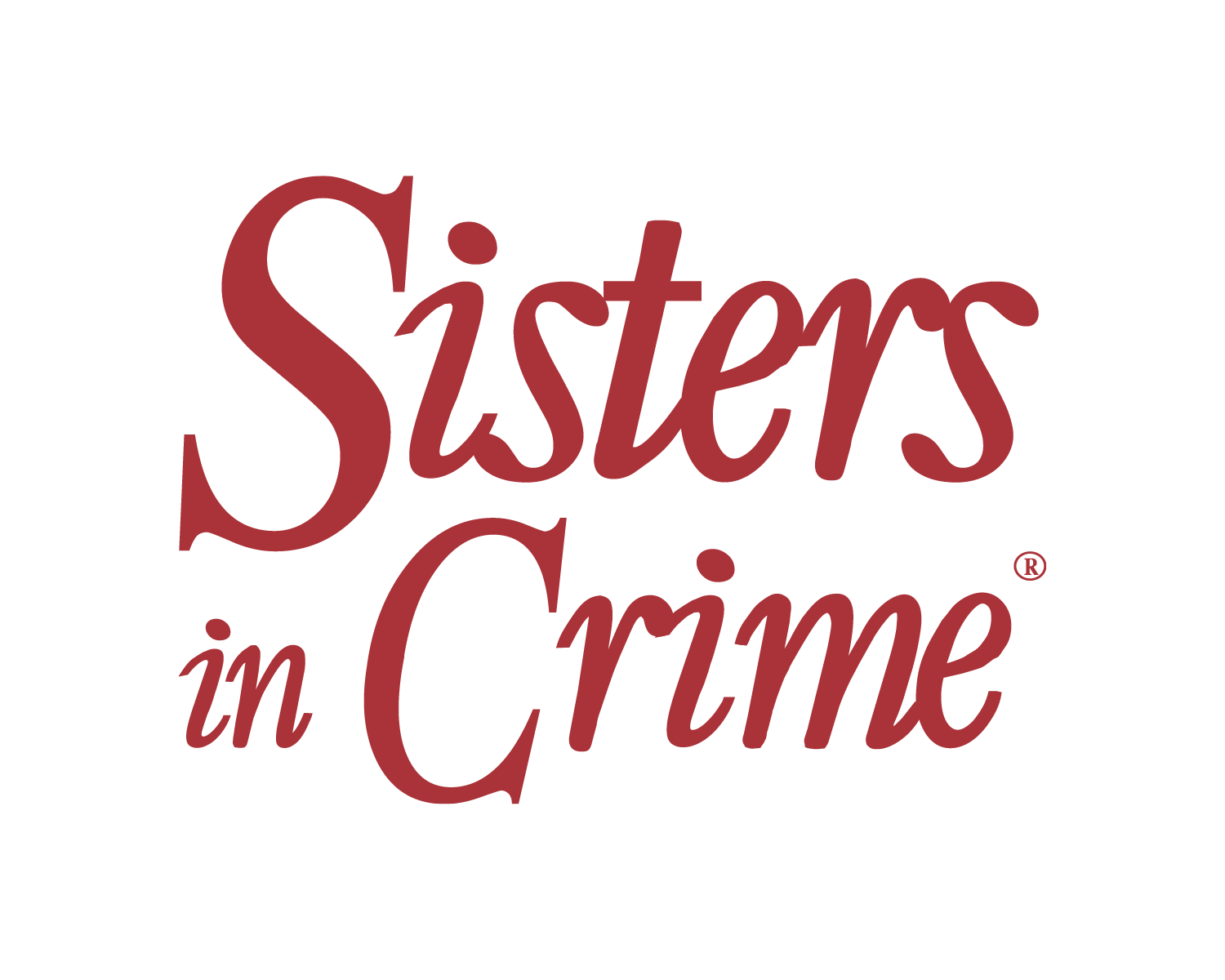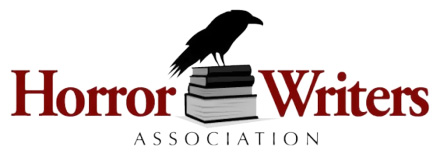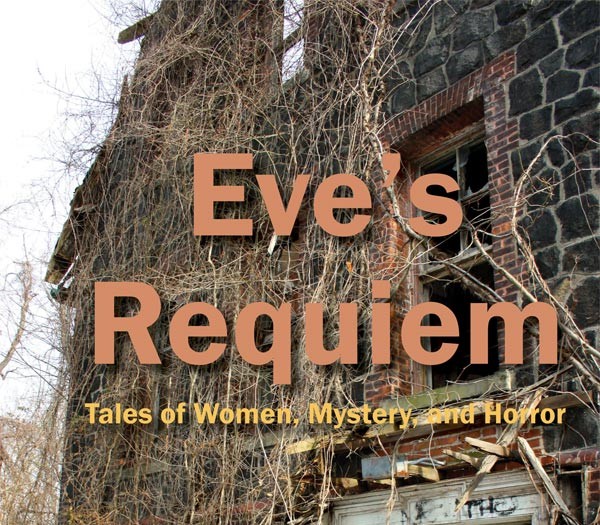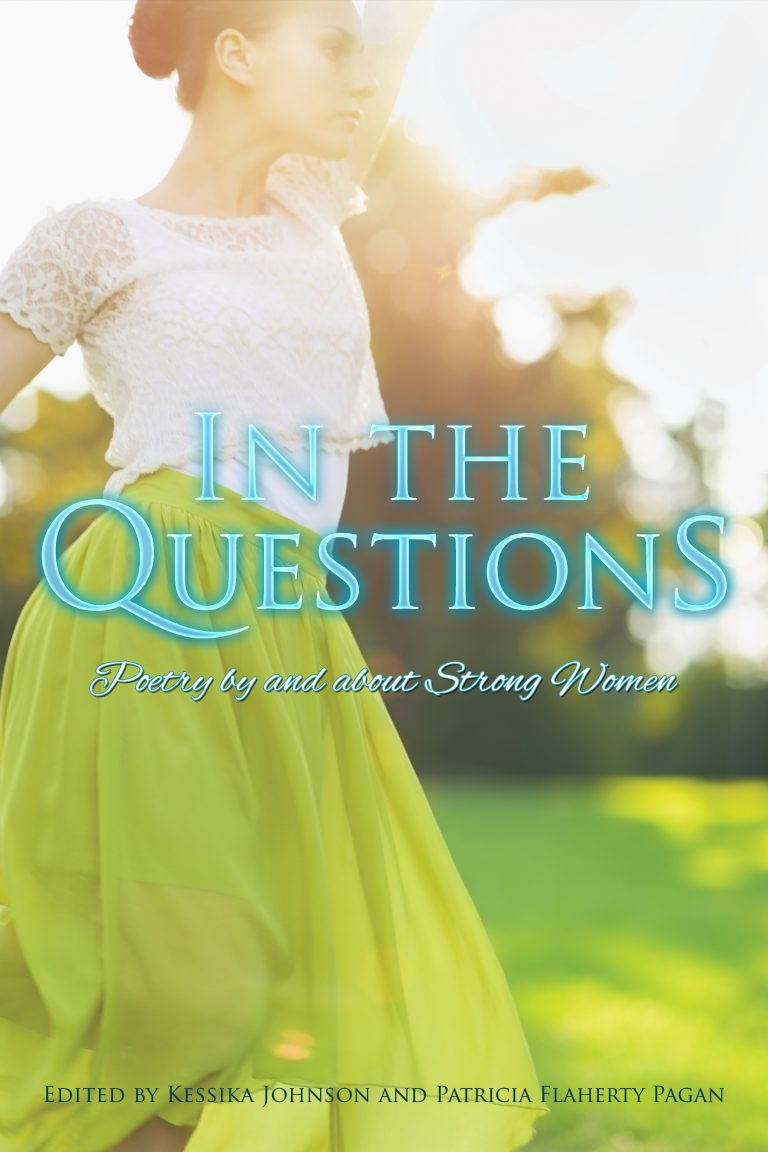I’ve edited and published two books in the last 14 months. That’s either ambitious or kind of crazy, depending on one’s point of view. I also contributed a short story to the most recent one. A story in a new genre for me, no less (historical mystery fiction). I feel proud, humbled, grateful and damned tired. I also feel, between too many cups of strong coffee, like I’m perpetually learning on the job. Having recently edited Eve’s Requiem: Tales of Women, Mystery and Horror, and helped with creating it’s physical form, as well as shepherding its marketing all the way from the cover reveal to the launch to its first book festival sales, there are five lessons I’ve learned about launching your new baby -I mean book- into the world.
- It’s OK to have high standards: During very different phases of the editing and publishing of my two books, there were moments when I thought, “This is adequate. And I am on a deadline set in conjunction with the publication team.” Adequate works. On “Eve’s Requiem,” my miscommunication and multiple drafts led to me having this moment at the very end of the project. By then, our Halloween season publication date, crucial for a suspenseful bordering on scary collection, hovered alarmingly outside my peripheral vision. But call me stubborn, or a writing perfectionist (and people have), but in the end I wanted something that I, my coeditor, all of the contributors, and new readers would celebrate. I wanted a book that even my toughest graduate school advisor would acknowledge was decent. I wanted pride in the page. Next time, I will better manage my production timeline, but I won’t lower my standards. They use the word “craft” for a reason.
- And… it’s OK to give yourself a break: When my first book was published, I was relatively new to my adopted city and so scheduled a low-key, free reading at the local library. This time, lots of great local writers had contributed stories, my coeditor and I had worked very hard, and I wanted a reading and celebration at an interesting venue to mark those efforts. The week of our big launch, reading, signing and celebration, my dad suddenly collapsed at work and was rushed to the hospital. Stroke and heart attack were considered as causes at first, but dismissed. After several days of tests, his doctors found the culprit to be a lung problem. In addition, my dad is a private person and wanted the information kept within our family for a while.
So between worries for my dad, a million details spinning through my head, and my nervousness about throwing my first large-scale launch event, sleep became a thing of the past. By the Friday of the launch, I felt like a surfer in rough seas. I rode waves of espresso until fatigue crashed through and flattened me. In this state, three things I’d tried to avoid happened.
- I arrived at the venue later than I’d hoped (early enough, but not relaxed, time-to-spare and take a deep breath early)
- I left the pink post-it note with the code to continuously override the lock to the venue’s parking lot gate at my house (which took some scrambling to fix)
- I never jotted down a few notes for my opening speech.
Know what? The reading and signing went fine. People came. I said something appropriate and grateful about all of our hard work (God knows what, I was so sleep deprived, but I was told afterword that they were nice words), the other writers read well and I read, anyway. People had a good time and even bought some books. Considering that I felt like a crumpled-up, tossed out piece of lined paper, I declared my book launch a big success.
- The Book Birth 15 is real: I know, I know, creating a book isn’t exactly comparable to all the physical challenges of being pregnant, or the emotional toll of the waiting and waiting (and did I mention waiting?) involved in many adoptions, but it’s a transformative experience. And like many other transformative experiences, it up-ends your routine. There are deadlines to meet, editorial conversations that trump trips to the gym, and mornings when you want to pray or meditate but can’t concentrate on anything besides that strange use of a gerund on page 78. A few recent, famous female writers have spoken about their spiritual practice, yoga or physical fitness routines actually improving with all the creativity flowing through them from the book’s birth. In my opinion, these women are anomalies or stretching the truth more than their muscles. Good for them if they cope super well. Me? I have trouble sleeping while thinking and rethinking the edits, formatting choices, and marketing strategies, which lead to too much coffee, which leads to more trouble sleeping, which leads to napping becoming my new sport. And, the funny things is, when you stop exercising, you gain a few pounds. And then a few more. Presto – The Book Birth 15.
- Unexpected supporters emerge: I run a three-person small press, so if I’m not our latest book’s marketing champion, we’re all in trouble. So, like it or not, this introvert jumped into the marketing, social media and networking streams. Some days, it felt like I was caterwauling “My book, my book, my book!” into a bullhorn, but I tried to keep it positive and emphasize the other talented writers featured in the collection. That felt easier than going on and on about me, since their stories really shine. Out of the blue, a former high school friend contacted me with a supportive message, and then became a vocal supporter of the book on-line. She made one of the book’s first pre-orders. We kept in touch with different people as we moved on through college, grad school, and working lives, so she spread the word to her former and current social circles. It was a win-win for me: I reconnected with a great person and she connected me to new readers.
- In the end, it’s the fiction that matters: Indie publishers, as well as writers who have given up their day jobs for the far more difficult job of writing, know that book-related revenue can be the difference between pursuing one’s creative vocation and trudging to one’s job of necessity. Having saved some money from a stint living abroad, I am luckier than most. My indie press had a year in which we could take a loss. Year two, we have to do better or I will have to find an on-going gig teaching – um, something. Not a crisis, of course, (after years of struggling under the burden of student loans, I am currently blessed with more resources than some people in the arts have) but not a great way to have time to run a small business. A good vocational fit and a living wage are very important things to secure, but not as important as the work. Need money? Have money? Your characters don’t care. Your stories endure. I often remind myself of Jean Rhys’ clever summation of the writer’s relationship to the work, and then I feel like I can see the forest for the trees. She ignored the ego and the finances of it and concentrated on the creative dialogue between the writer, the body of literature, and the reader. I reread her words and remind myself, “All that matters is feeding the lake. I don’t matter. The lake matters. You must keep feeding the lake.” Both of the collections that I have edited include fiction about complex female characters. Most of the stories were written by talented women. I love the ego boost of good reviews and decent sales numbers, and would rest easier if I knew for sure that my indie press would break even this year or (imagine!) soon become somewhat profitable. However, once food, shelter, transportation and pet needs are met, it’s about the fiction. Readers are meeting challenging women on the pages of the books that I helped to create, and that fact is my reason, my effort, and my offering.




